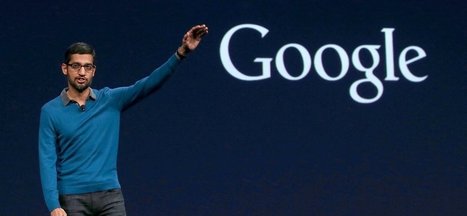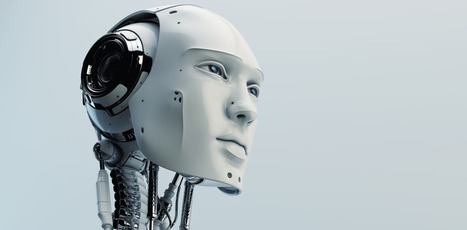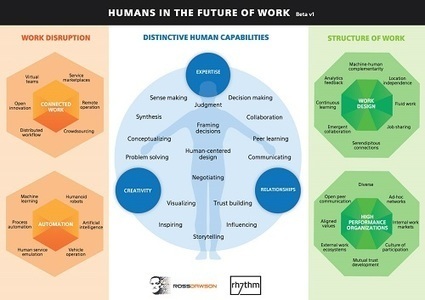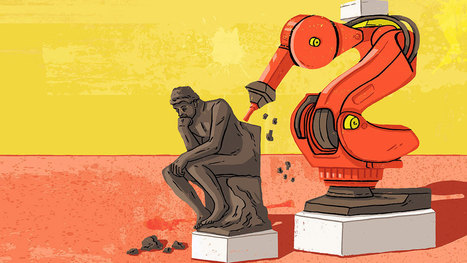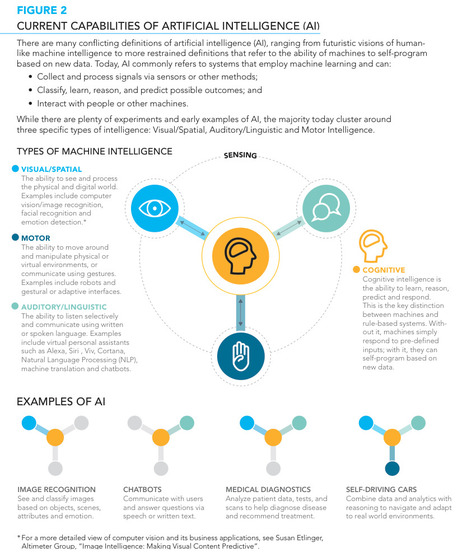2017 was an exciting year for talent acquisition. We prepared for Generation Z. Leaders realized how critical it is to recruit
female talent. Organizations focused on offering attractive benefits that supported employee development and even infertility.
With all that progress, it'd be a shame to take two steps back in 2018. Dive into the new trends before it's too late.
This is what you need to concentrate on when hiring in 2018:
1. Focus on adaptability.
If we learned anything in 2017, it's that corporate stability is elusive. One week your company is leading the industry, the next the CEO is facing a series of scandals. If your workforce can't thrive in changing conditions, they won't achieve long-term success.
Andreas Pettersson is the chief product officer of the video cloud security company Arcus. The company is currently in the middle of a big hiring push, and they're approaching talent acquisition in a new way.
Pettersson pointed out that in the past, organizations looked for employees who adhered to a rigid plan. That is no longer the case.
"For today's most agile teams, a set plan is no longer a feasible or successful strategy for product development," he said. "In 2018, rather than technical skills defining the gold standard recruit, ideal candidates will fit seamlessly into the team, thrive in an empowered environment, and focus on solving the problem at hand."
This will be true for all industries, not just tech. Assemble a team that can keep up with the changing business environment. Look for candidates who have a wide range of experiences.
Check out LinkedIn and reach out to candidates who have successfully transitioned from one industry to another. This is one sign that they are adaptable.
2. Know your ABCs: AI, blockchain, and chatbots.
We've been talking about artificial intelligence for years. But we're just starting to see useful applications when it comes to hiring. Newer software saves hiring managers countless hours by pre-screening candidates.
Brian Christman is the vice president of people at the digital freight marketplace Transfix. He also has over a decade of experience helping companies like Etsy and SiriusXM scale.
"By leveraging big data and machine learning, recruiters are able to cast wider nets," said Christman. "They become more efficient in building high-quality pipelines, and ultimately can better predict the skills and attributes of prospective candidates that will have the highest probability of success."
Find an AI tool that will grow with your company. For example, Mosaictrack uses technology similar to IB's Watson to read through resumes like a human. Over time, it becomes more attuned to the skills and cultural factors you need. This leaves hiring managers more time to develop relationships with top talent.
Blockchain technology is another tool that will be gaining momentum this year. It was developed for exchanging bitcoin, but now there are wider applications.
Blockchain allows for a faster interaction with information by two or more parties. Everyone has the most up-to-date information, no matter how many people are using it.
Imagine how that could simplify team hiring. Instead of scrolling through an endless chain of messages to see what each person thought of a candidate, use blockchain technology. This will assure that each individual can easily add their own opinions and see those of everyone else.
Finally, chatbots are beginning to make a big impact. The technology saves hiring managers from wasting time on candidates who are a bad fit.
Put a chatbot on your company career page. Then potential candidates can interact with it and ask questions. Bringing things full circle, the chatbot can then deliver that communication to AI software. If there are signs that this is a strong candidate, you can make direct contact with them.
3. Make recruitment and marketing BFFs.
Google for Jobs, which debuted in 2017, will impact how organizations craft job listings in the coming year.
"Now recruiters have to think about how they are marketing their openings, which keywords you use, the schema behind how you set it up and ultimately what specific personas they want to attract," said Teri Calderon, executive vice president of human resources at technician staffing firm Field Nation.
Chances are your hiring team has no idea how to optimize a job posting so it will appear on the first page of Google. Offer training that explains to them why this is important. Provide a list of researched keywords that your ideal candidates will be searching for. This will ensure that the best talent applies with your company first.
Via
The Learning Factor



 Your new post is loading...
Your new post is loading...





